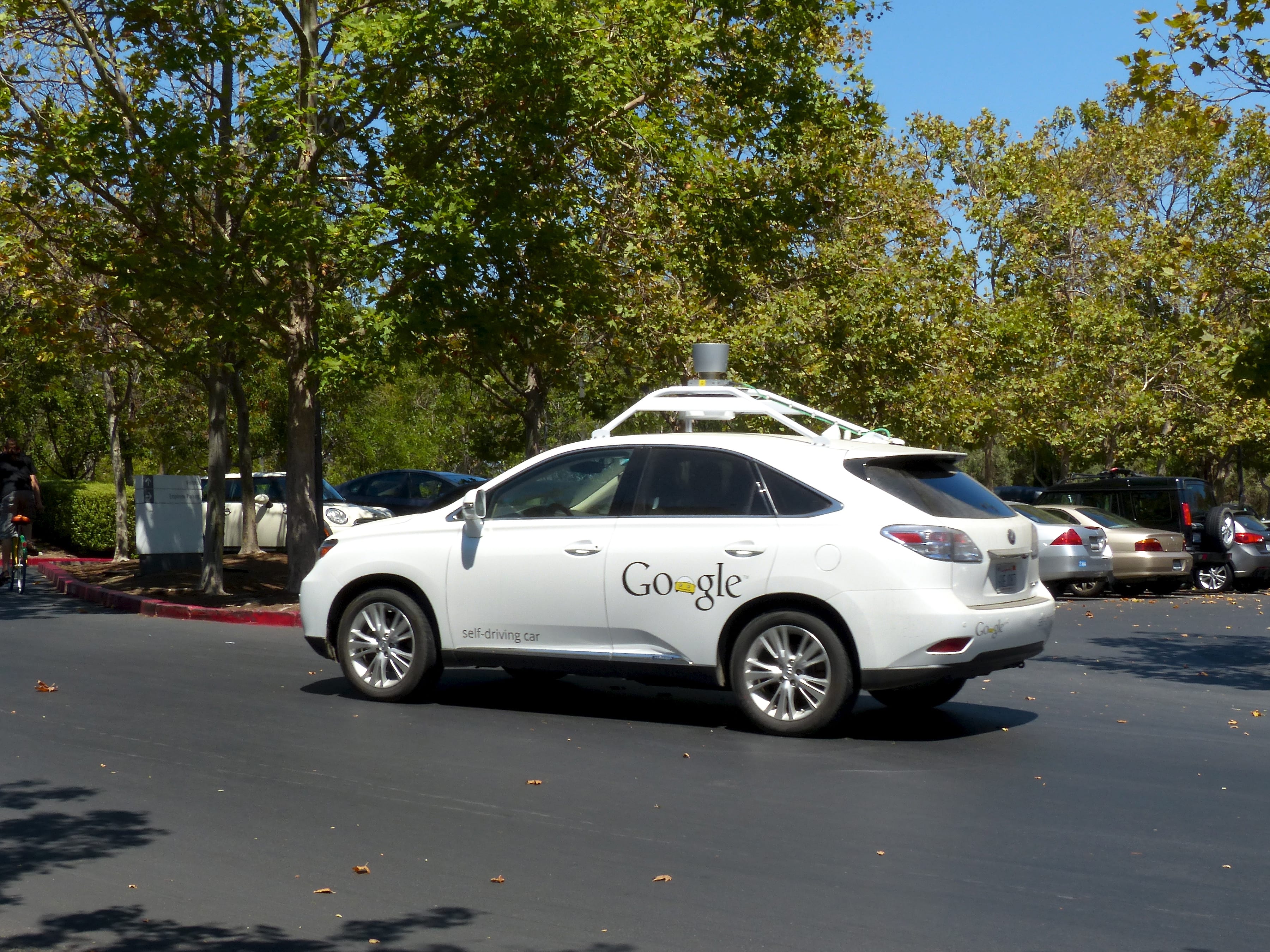Self-driving cars seem to be the new wave of the future. But, are we ready for them?
Self-driving cars are in the news a lot lately. It’s surely a hot topic, and a futuristic one, but it is also a scam scenario, and people need to be informed about how these scams work so they can prevent falling victim to them. When buying any vehicle, you should check the car’s history here to ensure the health of your investment. As new technologies emerge and become mainstream, we must look under the hood of the press buzz and examine what actually has the potential to be useful to us as consumers.
The idea of driverless cars, or, as the industry calls them, autonomous vehicles, is appealing. People are busier than ever, and the idea that a car could offer enough artificial intelligence to eliminate the needs for the driver’s attention, or even presence, seems like life-changing convenience. Automobile companies are spending millions on research and development of autonomous features for their vehicles. Below is a break down of scam-like scenarios that emerge once you look closer at the self-driving vehicle phenomenon:
Scam #1: The myth that self-driving cars eliminate the need for a driver
Today, cars offer a lot of automated features, such as automated braking systems, crash-avoidance, blind-spot monitoring, forward-collision warning, and lane-departure warning. These offer help to the driver, and utilize artificial intelligence to make for a safer and easier driving experience. The idea that a car will be fully autonomous – meaning will operate without a driver present – is a scam. There are currently no prototypes of the sort. Additionally, laws pertaining to automobile driving all require a driver. In an industry where safety is a key focus and a significant rate of fatalities occur regularly as is, the requirement for driver presence is extremely unlikely to shift.
Scam #2: Today’s consumers do not actually want self-driving cars

Every novel idea needs to have buy-in from its customers. Data shows that while self-driving cars make for a fun press piece, people in the U.S. do not want to buy these vehicles. In Deloitte’s 2018 Global Automotive Consumer Study, 47% of Americans did not believe self-driving cars would be safe. 38% of Americans reported they were unwilling to pay more for AVs, or electric vehicles for that matter. A 2017 study conducted at MfsafetIT surveyed 3,000 Americans about if they would ever buy a car that was completely self-driving. 48% said no. Only 20% of Americans aged 25-34 would be comfortable with fully autonomous vehicles, the study found.
Scam #3: Continual promotion of self-driving cars is being used to increase interest in autonomous features
It could be theorized that the buzz around self-driving cars is being contributed to by automobile companies in an effort to raise the standard for autonomous features. In other words, the plan is not to actually deliver self-driving cars, but to normalize the concept enough where consumers are motivated to pay more for certain autonomous features. These features could actually be unnecessary or not make a significant difference to the driver safety or the driver experience.
Scam #4: Current road tests show major gaps in safety for self-driving cars
News stories about self-driving cars stress how much convenience they offer to the modern world. Consumers would never trade safety for convenience though, and current models of self-driving cars do not test well in many common situations, such as on bridges or in busy city neighborhoods. Weather, especially snow, also poses issues for these vehicles.
In conclusion, it is safe to say that we may never see fully autonomous vehicles become mainstream, or it might take much longer than the current perception. Until then, consumers can enjoy certain smart features that help to enhance their driving experience. Always do your own research and check car history when trying to make purchasing decisions.


Join the conversation!